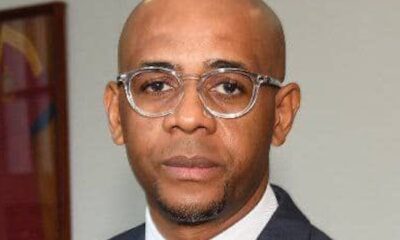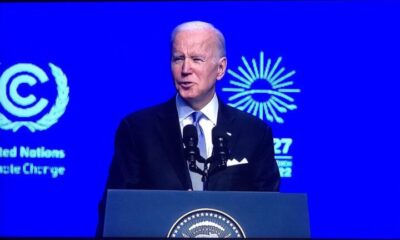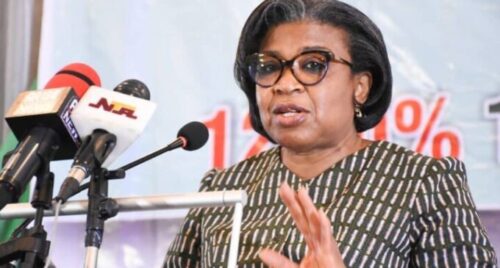The Lagos State Government has announced plans to concession the operations of the Red and Blue Line rail systems to the private sector in order to ensure their sustainability and repay loans taken for the rail projects.
This announcement was made by the Lagos State Commissioner for Transportation, Oluwaseun Osiyemi, during a recent TVC News interview, where he discussed the measures being implemented to ensure the continued viability of the state’s rail systems.
Osiyemi explained that the concessioning process would involve transferring the operations of the rail systems to private sector players for a defined period. This approach is intended to ensure the continued operation and effective management of the rail projects.
“The ultimate game is for all our rail systems we’ve done—that is, the Red Line and Blue Line—there is going to be some concessionairing with the private sector for a period of time to ensure sustainability and continuity,” he stated.
He added, “The concessioning would help pay back the loans taken for the rail projects.”
The commissioner emphasized that the concessioning strategy aims to ensure efficient operations and long-term financial sustainability, in line with the state’s vision for a world-class transportation network.
Osiyemi further highlighted the substantial financial and technical challenges involved in operating rail systems, describing them as capital-intensive projects that require significant resources and specialized expertise.
To tackle these challenges and build local capacity, he noted that the Lagos State Government has enlisted foreign partners to temporarily manage the operations of the trains.
These partners are expected to not only ensure smooth operations during their tenure but also transfer critical skills to Nigerian personnel. The plan includes a structured training program lasting one to two years, after which the management of the rail systems will be fully handed over to local operators.
“What we have done is we have consulted foreign partners who, of course, would run these trains for a particular period of time and train our people—that is, transfer of skills.”
“They will train our people for one to two years, then hand over for our own management,” Osiyemi explained.
The Lagos State Government, under its Lagos Strategic Transport Master Plan, has set out an ambitious vision to develop a network of rail systems across the state.
Currently, only the first phases of the Red Line and Blue Line rail systems have been completed, with passenger services already in operation.
The Blue Line is a 27km electric rail line designed for sustainable operations. Its first phase, covering 13km from Lagos Marina to Mile 2, was completed in 2023 and began commercial operations in September, carrying over 2 million passengers to date.
The Red Line, spanning 37km from Agbado in Ogun State to Oyingbo in Lagos, operates on diesel. Its first phase, a 27km stretch, includes eight strategically located stations: Agbado, Iju, Agege, Ikeja, Oshodi, Mushin, Yaba, and Oyingbo.
The construction of the second phases of both the Red Line and Blue Line rail systems is being managed by the China Civil Engineering Construction Corporation (CCECC), which also oversees the operation of the trains.
Beyond the Red and Blue Lines, the state has plans for additional rail systems, including the 68km Green Line (Lekki Free Trade Zone to Marina), the 85.7km Purple Line (Redemption Camp to Ojo), the 48km Orange Line (Ikeja CBD to Agbowa), and the Yellow Line, all aimed at enhancing the state’s transportation network.

 BIG STORY4 days ago
BIG STORY4 days ago
 BIG STORY5 days ago
BIG STORY5 days ago
 BIG STORY4 days ago
BIG STORY4 days ago
 BIG STORY4 days ago
BIG STORY4 days ago
 BIG STORY2 days ago
BIG STORY2 days ago
 BIG STORY5 days ago
BIG STORY5 days ago
 BIG STORY20 hours ago
BIG STORY20 hours ago
 BIG STORY5 days ago
BIG STORY5 days ago























